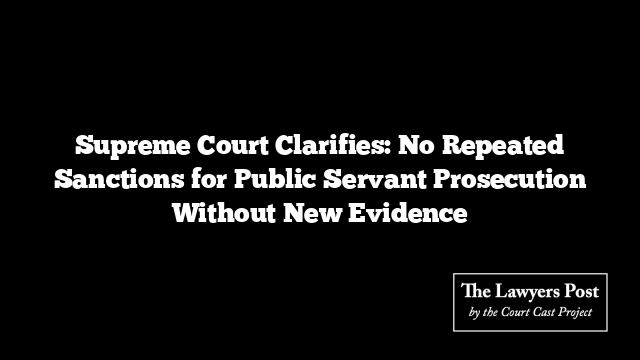The Supreme Court has emphasized that Section 50 of the Narcotic Drugs and Psychotropic Substances Act, 1985 (NDPS Act) serves a critical purpose: ensuring suspects know they can request a neutral Gazetted Officer, independent of the raiding team, during personal searches. This clarification came during a case involving the cancellation of bail granted by the Delhi High Court to an individual accused of heroin possession.
The court highlighted that the provision’s intent is rooted in impartiality, mandating suspects be informed of their right to oversight by an officer uninvolved in the search. However, the court also drew a distinction: S.50 applies strictly to personal searches, excluding searches of items like carried bags.
Deliberating Intent and Language
A bench led by the Chief Justice of India examined the High Court’s reasoning, which hinged on the interpretation of terms like “nearest” and “any” in the statute. While the High Court argued that the use of “nearest” implied a deliberate choice to ensure neutrality, the Supreme Court observed that in the context of the NDPS Act, “nearest” and “any” could functionally overlap, provided neutrality was maintained.
Addressing the contentious point of the ACP’s dual role as a raiding team member and designated Gazetted Officer during the search, the bench expressed reservations. The court indicated that allowing a raiding team member to act in such a capacity could dilute the impartiality envisioned by the law.
Revisiting Bail and Procedure
The Delhi High Court had granted bail on two grounds: first, a deficient S.50 notice, and second, the lack of independent oversight during the search. The Supreme Court countered this reasoning, asserting that while procedural errors in the notice might warrant scrutiny, the High Court’s interpretation of “nearest” Gazetted Officer lacked nuance.
The bench allowed the appeal to cancel the bail, emphasizing that it was not commenting on the case’s merits but addressing procedural adherence. The accused was granted the liberty to file a fresh bail application if circumstances changed.
Balancing Rights and Expediency
The ruling underscores a delicate balance between procedural fidelity and practical enforcement. By reaffirming the suspect’s right to an impartial search while clarifying the scope of S.50, the court seeks to uphold fairness without compromising enforcement efficiency.
This decision serves as a pivotal interpretation of the NDPS Act, reinforcing the principle that procedural safeguards are as essential as substantive justice in ensuring accountability under the law.





